Related Research Articles
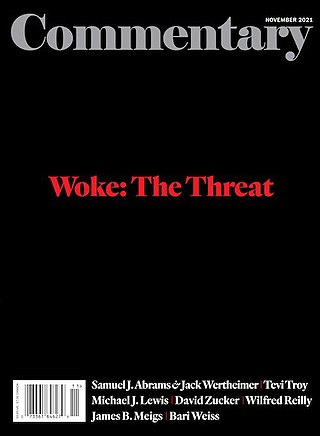
Commentary is a monthly American magazine on religion, Judaism, Israel and politics, as well as social and cultural issues. Founded by the American Jewish Committee in 1945 under Elliot E. Cohen, editor from 1945 to 1959, Commentary magazine developed into the leading post-World War II journal of Jewish affairs. The periodical strove to construct a new American Jewish identity while processing the events of the Holocaust, the formation of the State of Israel, and the Cold War. Norman Podhoretz edited the magazine from 1960 to 1995.
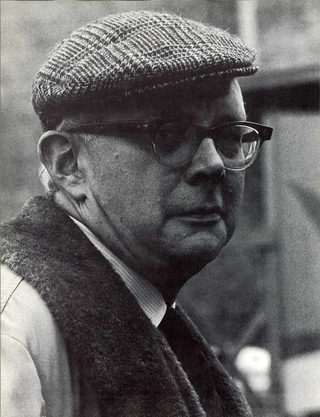
Irving Howe was an American literary and social critic and a prominent figure of the Democratic Socialists of America.

Abraham "Abe" Cahan was a Lithuanian-born Jewish American socialist newspaper editor, novelist, and politician. Cahan was one of the founders of The Forward, an American Yiddish publication, and was its editor-in-chief for 43 years. During his stewardship of the Forward, it became a prominent voice in the Jewish community and in the Socialist Party of America, voicing a relatively moderate stance within the realm of American socialist politics.
Irving Martin Abella was a Canadian historian who served as a professor at York University from 1968 to 2013. He specialized in the history of the Jews in Canada and the Canadian labour movement.

Alfred Kazin was an American writer and literary critic. His literary reviews appeared in The New York Times, the New York Herald-Tribune, The New Republic and The New Yorker. He wrote often about the immigrant experience in early twentieth-century America. His trilogy of memoirs, A Walker in the City (1951), Starting Out in the Thirties (1965) and New York Jew (1978), were all finalists for the National Book Award for Nonfiction.

Saul Friedländer is a Czech-Jewish-born historian and a professor emeritus of history at UCLA.
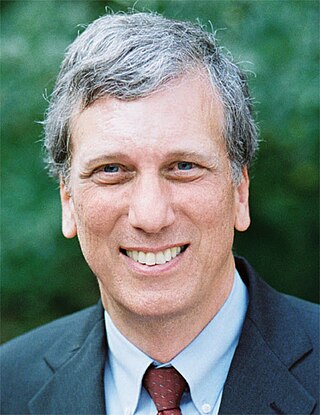
Arnold M. Eisen is an American Judaic scholar who was Chancellor of the Jewish Theological Seminary in New York. He stepped down at the end of the 2019-2020 academic year. Prior to this appointment, he served as the Koshland Professor of Jewish Culture and Religion and chair of the Department of Religious Studies at Stanford University. Prior to joining the Stanford faculty in 1986, he taught at Tel Aviv University and Columbia University.

Morris Winchevsky, also known as Ben Netz, was a prominent Jewish socialist leader in London and the United States in the late 19th century.
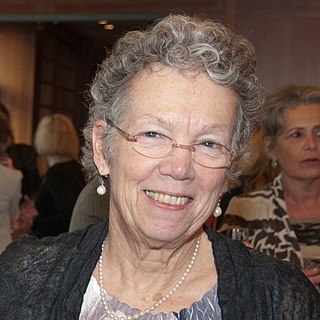
Deborah Dash Moore is the former director of the Frankel Center for Judaic Studies and a Frederick G.L. Huetwell Professor of History and Judaic Studies at the University of Michigan in Ann Arbor, Michigan.

Jewish secularism refers to secularism in a Jewish context, denoting the definition of Jewish identity with little or no attention given to its religious aspects. The concept of Jewish secularism first arose in the late 19th century, with its influence peaking during the interwar period.

Ruth Wisse is a Canadian academic and is the Martin Peretz Professor of Yiddish Literature and Professor of Comparative Literature at Harvard University emerita. She is a noted scholar of Yiddish literature and of Jewish history and culture.
Moses Rischin (1925-2020) was an American historian, author, lecturer, editor, and emeritus professor of history at San Francisco State University. He coined the phrase new Mormon history in a 1969 article of the same name.
Mitchell Cohen is an author, essayist and critic, He is professor of political science at Baruch College of the City University of New York and the CUNY Graduate Center. From 1991 to 2009, he was co-editor of Dissent, one of the United States' leading intellectual quarterlies. He is now an Editor Emeritus.

The Jewish Socialist Federation (JSF) was a secular Jewish Yiddish-oriented organization founded in 1912 which acted as a language federation in the Socialist Party of America (SPA). Many of the founding members of the JSF had previously been members of the Bund in Eastern Europe and sought to bring Bundist politics to the socialist movement in the USA.
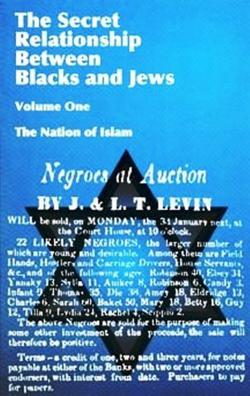
The Secret Relationship Between Blacks and Jews is a three-volume work of pseudo-scholarship, published by the Nation of Islam. The first volume, which was released in 1991, asserts that Jews dominated the Atlantic slave trade. The Secret Relationship has been widely criticized for being antisemitic and for failing to provide an objective analysis of the role of Jews in the slave trade. The American Historical Association issued a statement condemning claims that Jews played a disproportionate role in the Atlantic slave trade, and other historians such as Wim Klooster and Seymour Drescher concluded that the role of Jews in the overall Atlantic slave trade was in fact minimal.
Adele Berlin is an American biblical scholar and Hebraist. Before her retirement, she was Robert H. Smith Professor of Biblical Studies at the University of Maryland.
Richard David Breitman, born in 1947, is an American historian best known for his study of the Holocaust.
Edward Alexander was an American essayist and professor emeritus of English at the University of Washington. He focused his research on literary figures such as John Stuart Mill, Matthew Arnold, John Morley, John Ruskin, Isaac Bashevis Singer, Lionel Trilling, Irving Howe, and Robert B. Heilman; and authored books about Jewish history, Zionism, and antisemitism.
Gershon David Hundert was a Canadian historian of Early Modern Polish Jewry and Leanor Segal Professor at McGill University.
Kurt J. Matzdorf, also known as Kurtheinz J. Matzdorf, was a German-born American jewelry designer, metalsmith and an educator. He was Professor Emeritus at State University of New York at New Paltz and he founded the metals department. Matzdorf was known for his religious objects in metal.
References
- ↑ "Resnick Institute".
- ↑ "National Jewish Book Award".
- ↑ "NY Times". The New York Times. December 7, 2003.
- ↑ "IU Press".
- ↑ "JPA".
- ↑ "Viener".
- ↑ Moore, Deborah Dash (2007). "Friedman". American Jewish History. 93 (2): 239–244. doi:10.1353/ajh.2007.0041. S2CID 162302726.
- 1 2 "National Jewish Book Award". Archived from the original on 2014-05-05. Retrieved 2013-09-02.
- ↑ "IPPY".
- ↑ "New Paltz".
- ↑ "AJH".
- ↑ "National Jewish Book Award | Book awards | LibraryThing". www.librarything.com. Retrieved 2020-01-18.